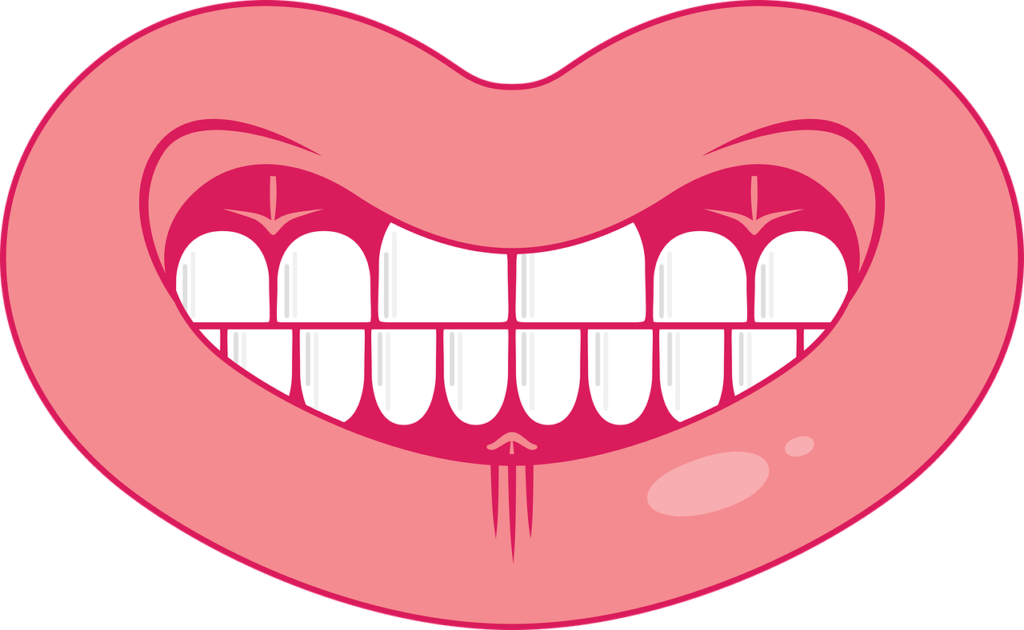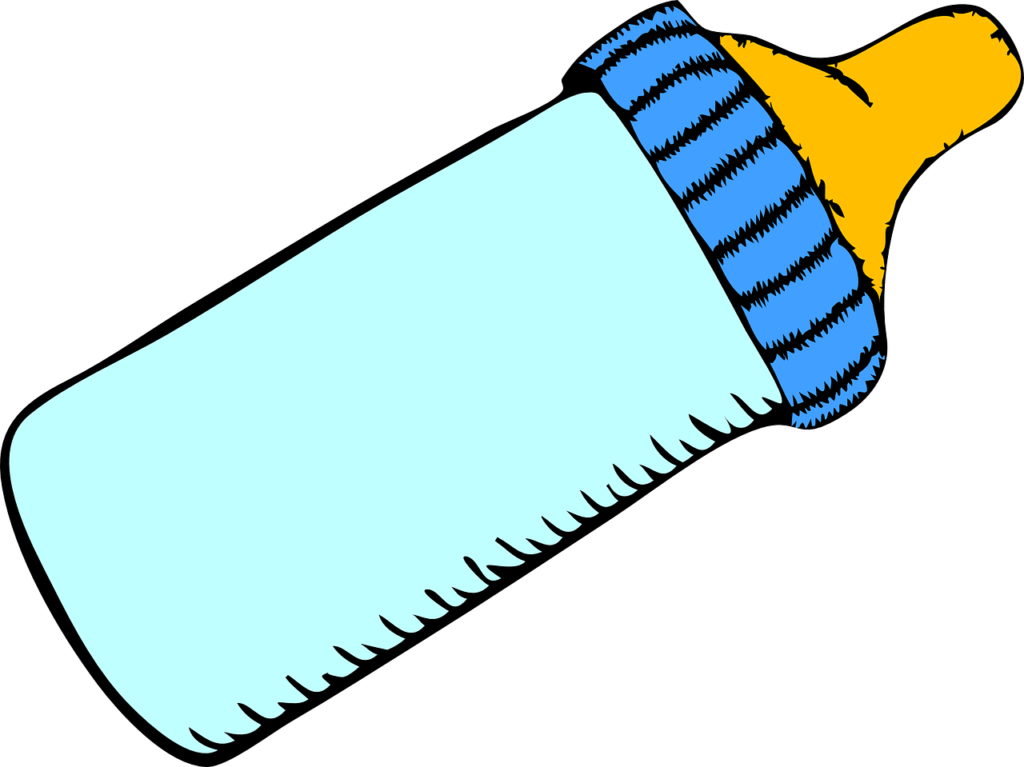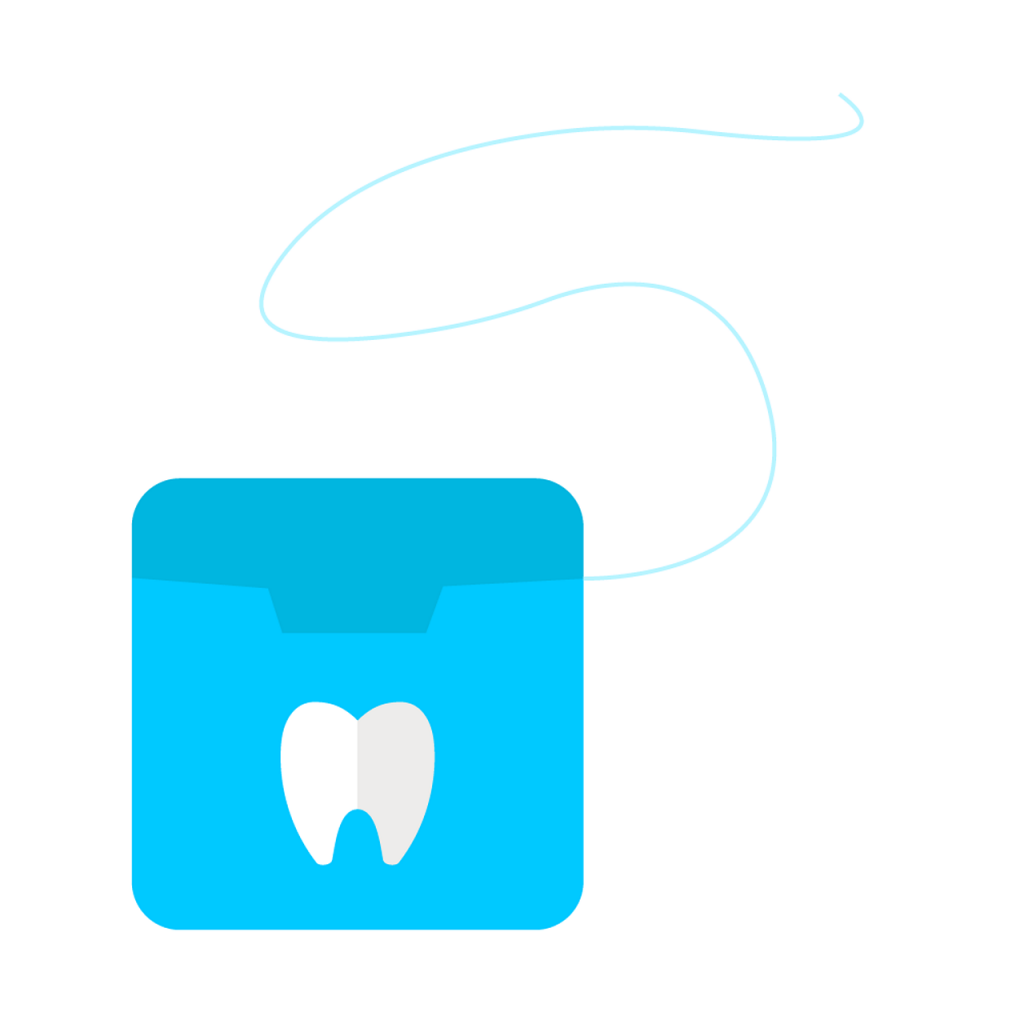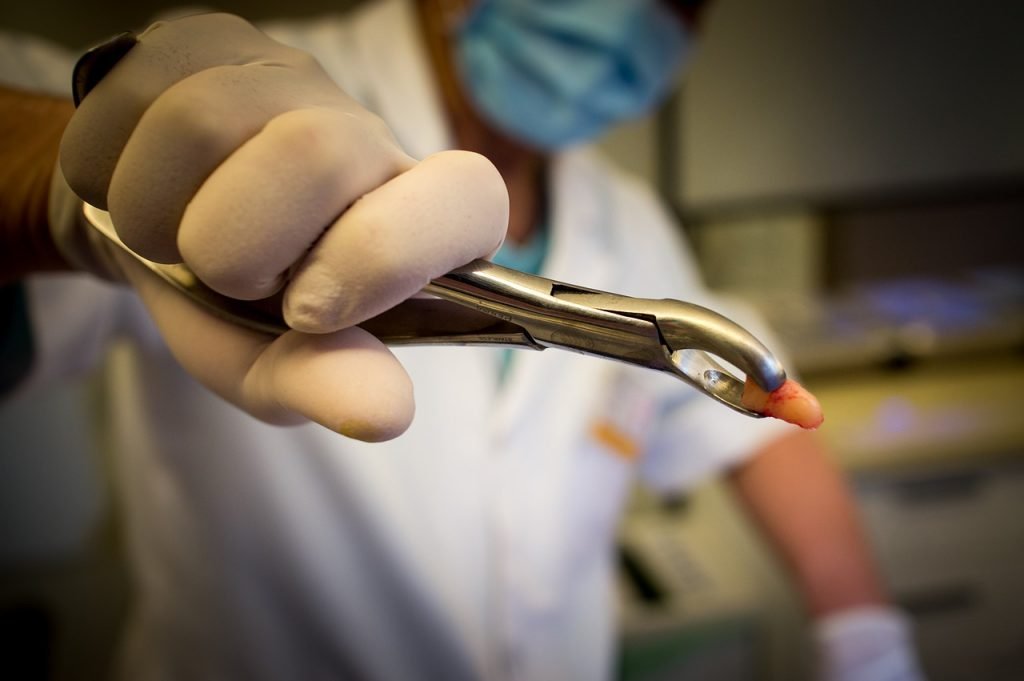Breastfeeding: 6 Things Nursing Moms Should Know About Dental Health
Breastfeeding is one of the first (and most personal) decisions a mother makes for her baby. It can help your baby’s body fight infections and reduce health risks like asthma, ear infections, SIDS and obesity in children. Nursing moms may lower their chances of developing breast and ovarian cancer. But did you know breastfeeding can […]
Breastfeeding: 6 Things Nursing Moms Should Know About Dental Health Read More »










